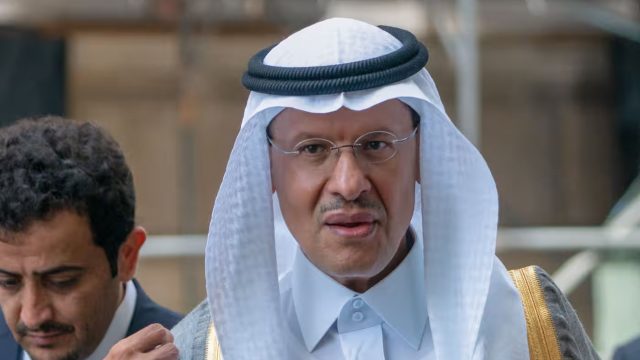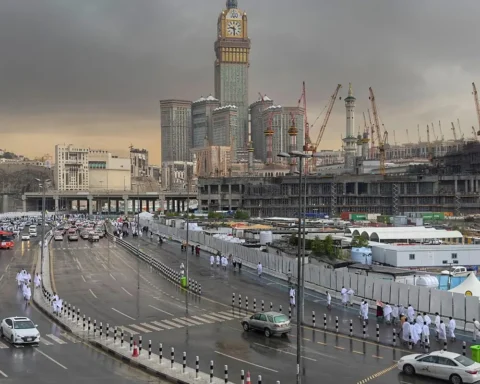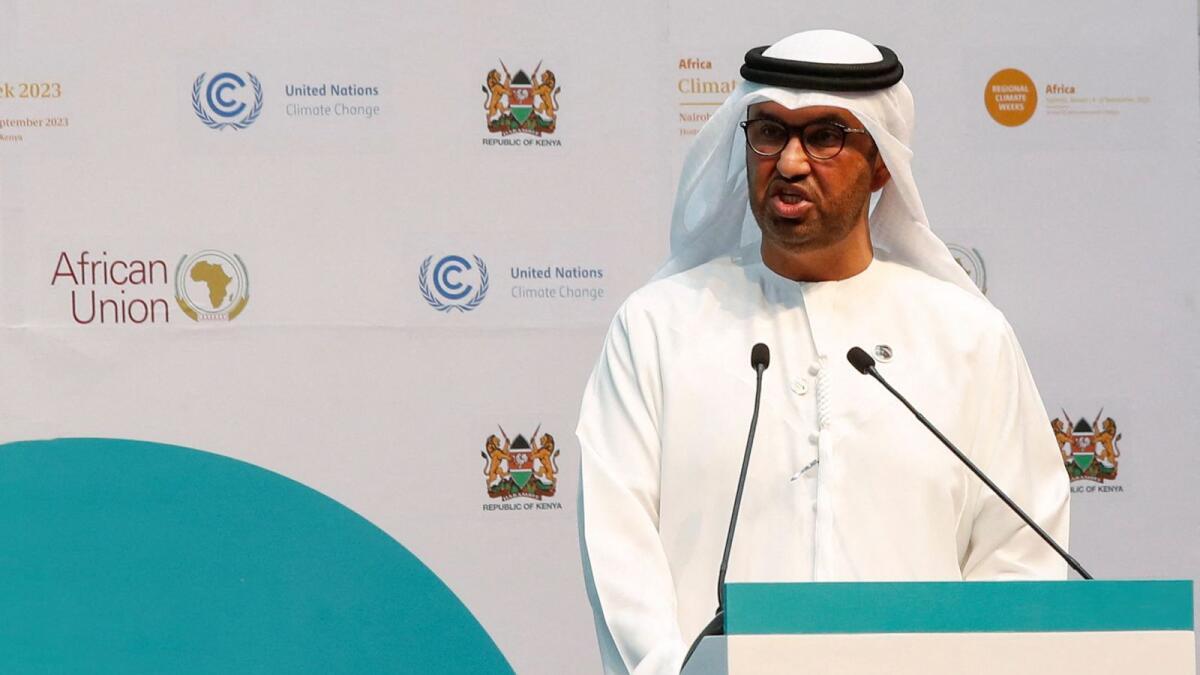The second-ever Middle East and North Africa (MENA) Climate Week opened today, with a packed schedule of events designed to shine a spotlight on challenges and solutions in a region that is among the most vulnerable to the effects of climate change.
Taking place in Riyadh, the Kingdom of Saudi Arabia from 8-12 October the discussions at MENA Climate Week will feed into the year-end UN Climate Change Conference (COP28) in Dubai.
Participants in Riyadh will speak about the challenges and opportunities for climate action and support in the MENA region, which will help inform the global stocktake and accelerate implementation of the Paris Agreement.
The global stocktake, which concludes at COP28, is an opportunity to critically assess where the world stands on climate action and to chart the course forward through increased ambition and action to limit global warming to 1.5°C.
HRH Prince Abdulaziz bin Salman, Saudi Arabia’s Minister of Energy, said, “We are pleased to host the second edition of MENA Climate Week in Riyadh, a sign of the Kingdom’s unwavering commitment to exploring all solutions to the climate challenges we currently face.
MENA Climate Week will explore advancing climate action and inclusive approaches including the Circular Carbon Economy approach which promotes the use of all available technologies, forms of energy and mitigation opportunities that would contribute to achieving climate goals.”
The entire MENA region is a climate change hotspot, with climate models predicting temperatures 20% higher than global averages.
It is already the most water-scarce region in the world – and the increasing temperatures are predicted to lead to more persistent and acute drought.
More than 60% of the population in the region has very little if any access to potable water, and 70% of their GDP is vulnerable to water stress.
As 70% of MENA’s agricultural production is rain-fed, the region is extremely vulnerable to changes in temperature and rainfall resulting from climate change.
Simultaneously, countries in the MENA region have the potential to be the frontrunners in renewable energy and innovative technologies, attracting investment and facilitating technology transfer, positioning MENA nations as leaders in the global transition to green development.
Simon Stiell, Executive Secretary of UN Climate Change said the Middle East and North Africa region is at a crossroads, facing not only the devastating impacts of climate change but also the challenge of transitioning their economies to ensure prosperity in a 1.5C aligned world.
“MENA Climate Week provides a platform to spotlight regional solutions and innovations, paving the way for strengthened collaboration across borders, sectors, and disciplines.”
“Climate change isn’t a threat waiting around the corner – the MENA region knows this from first-hand experience with fierce heat waves and water shortages.
“This Climate Week, I invite participants to grasp the opportunity to shape a resilient future for the MENA region and beyond,”he said.
Executive Director of the UN Environment Programme (UNEP) Inger Andersen, called for the harnessing of innovation and inspire transformative action because every fraction of a degree matters.
Abdallah Al Dardari, UN Assistant Secretary-General and UNDP Director of the Regional Bureau for Arab States, said
“Climate change, environmental degradation, and resource scarcity are already undermining development progress in the Arab States region exacerbating inequalities, eroding social cohesion, and precipitating new threats to public health, peace and security.
“Increasing investment in clean energy and climate resilience will bring multiple benefits, not just for climate change mitigation and adaptation, but for job creation and social inclusion as well,” he added.
By Dare Akogun







